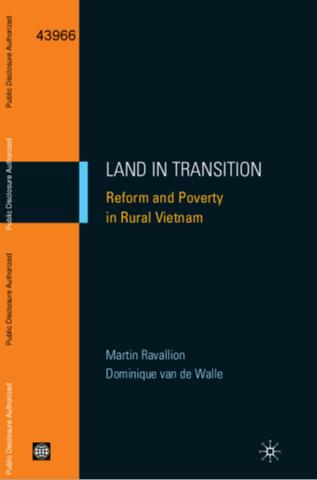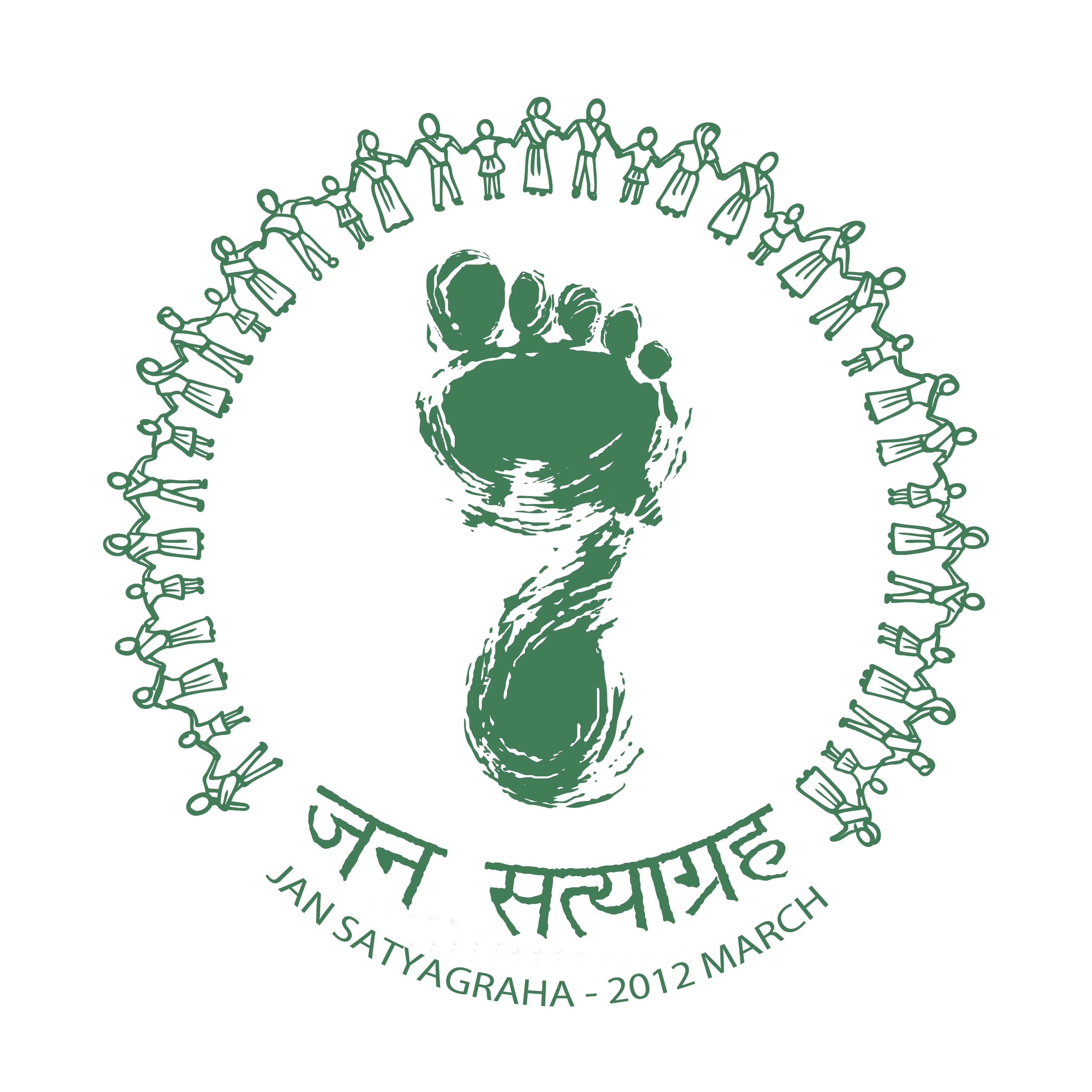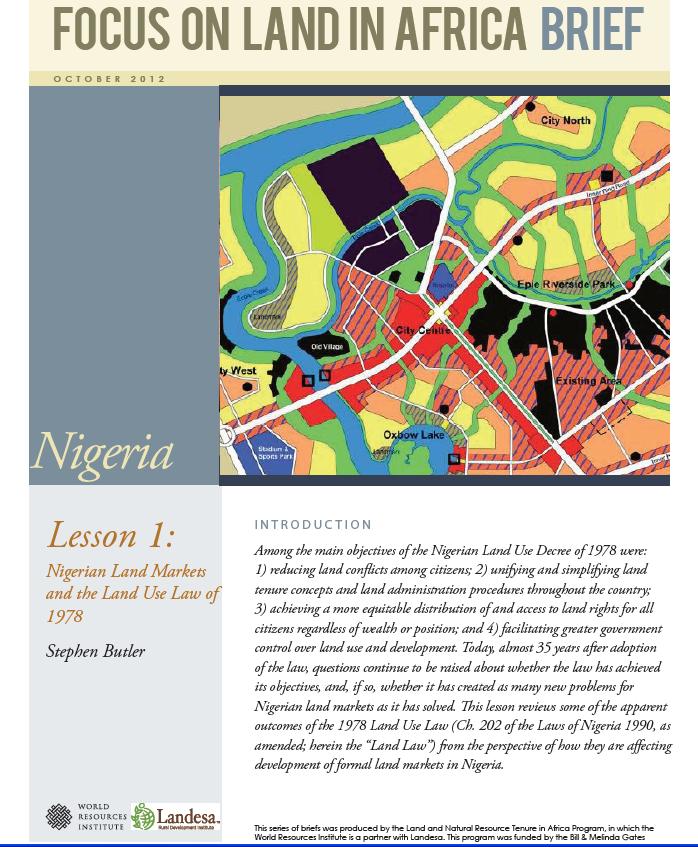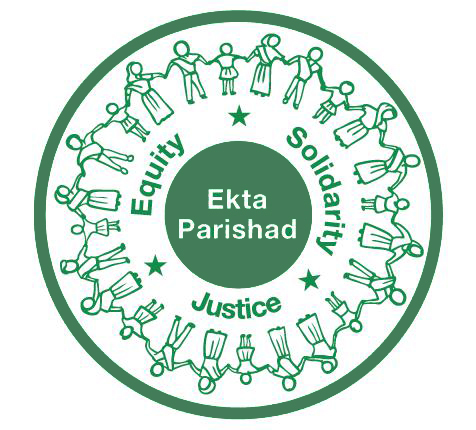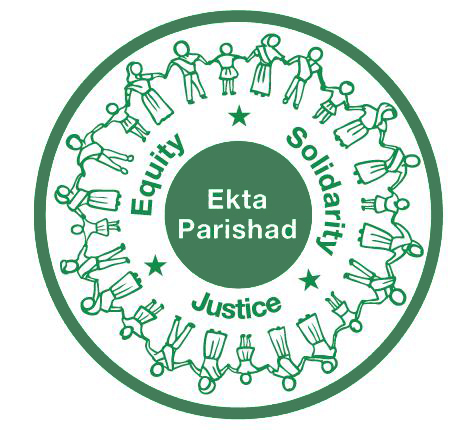Cultivate or Rent Out? Land Security in Rural Thailand
In the 1980s the Thai government tried to legalize squatters by issuing special titles that restricted the sale and rental of the land. Using data from 2,874 farming households collected in 1997, the author finds that in places where these government titles where issued, leased plots are more likely to be titled than those that are self-cultivated. For these areas, he uses a model to estimate a 6 percent risk premium in the rental rate for untitled plots.


